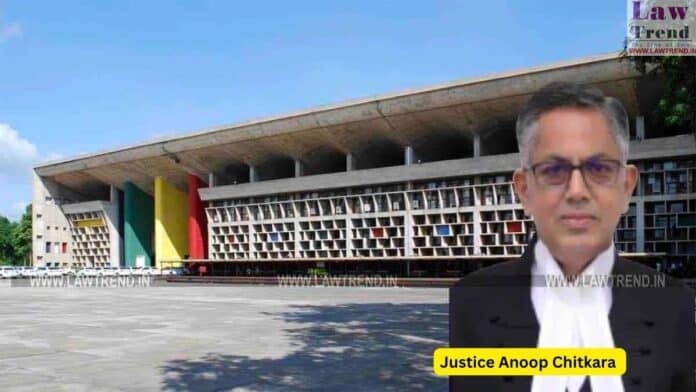Chandigarh, July 2, 2024 – In a pivotal ruling, the Punjab and Haryana High Court has addressed a crucial legal question concerning the applicability of procedural law to time-barred petitions filed before the enforcement of the Bharatiya Nagarik Suraksha Sanhita (BNSS), 2023, on July 1, 2024. The court’s decision clarifies whether such petitions, if delay
To Read More Please Subscribe to VIP Membership for Unlimited Access to All the Articles, Download Available Copies of Judgments/Order, Acess to Central/State Bare Acts, Advertisement Free Content, Access to More than 4000 Legal Drafts( Readymade Editable Formats of Suits, Petitions, Writs, Legal Notices, Divorce Petitions, 138 Notices, Bail Applications etc.) in Hindi and English.




